This Alliance for Entrepreneurship program aims to reduce continent’s reliance on imports by helping regional and local African banks to augment their trade and supply chain finance delivery.
The ATRI program offers six components (listed below) which support local and regional supply chain disruptions, MSME inclusion, and intra-Africa trade. The components aim to finance suppliers, provide risk sharing, and issue trade guarantees to African banks for critical sectors such as food, agribusiness, healthcare, machinery, and manufacturing. While these components ensure sustainable growth in African economies, ATRI builds capacity by way of training banks to become eligible for the program.

